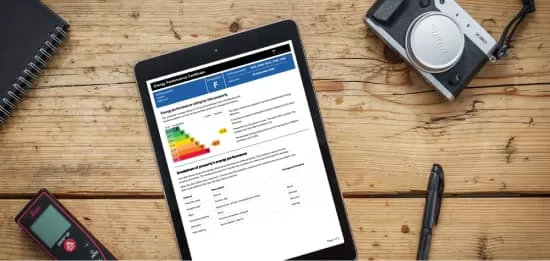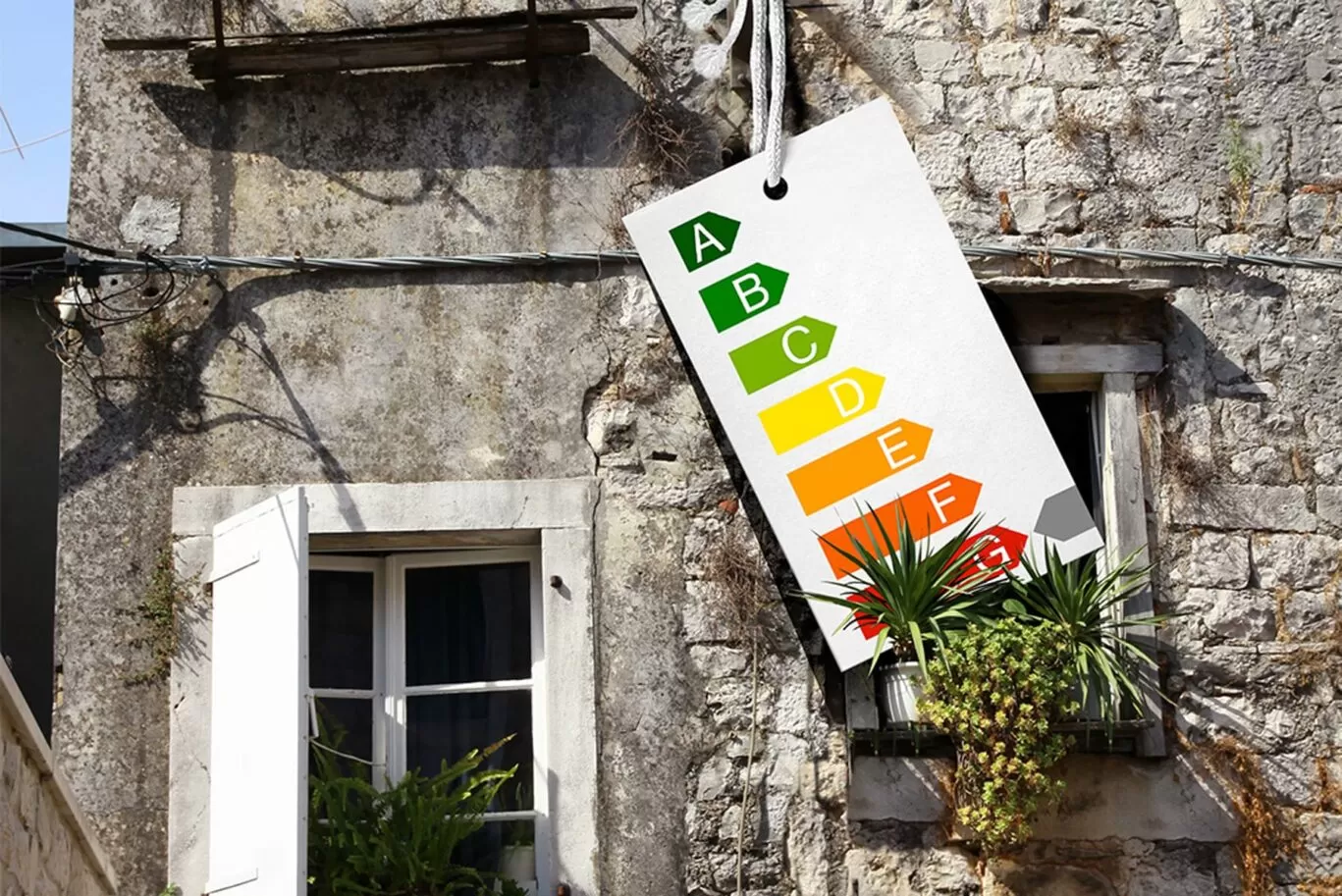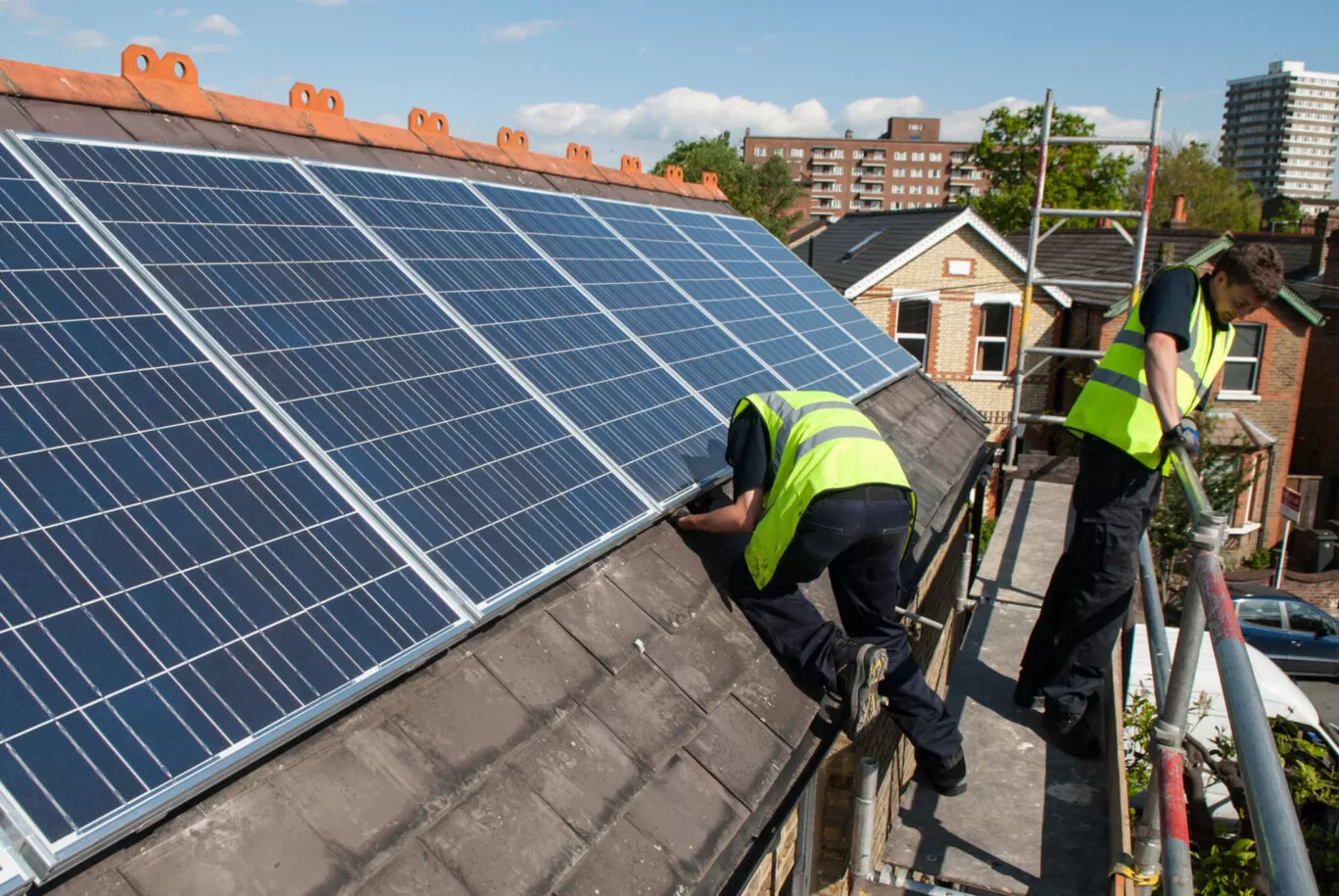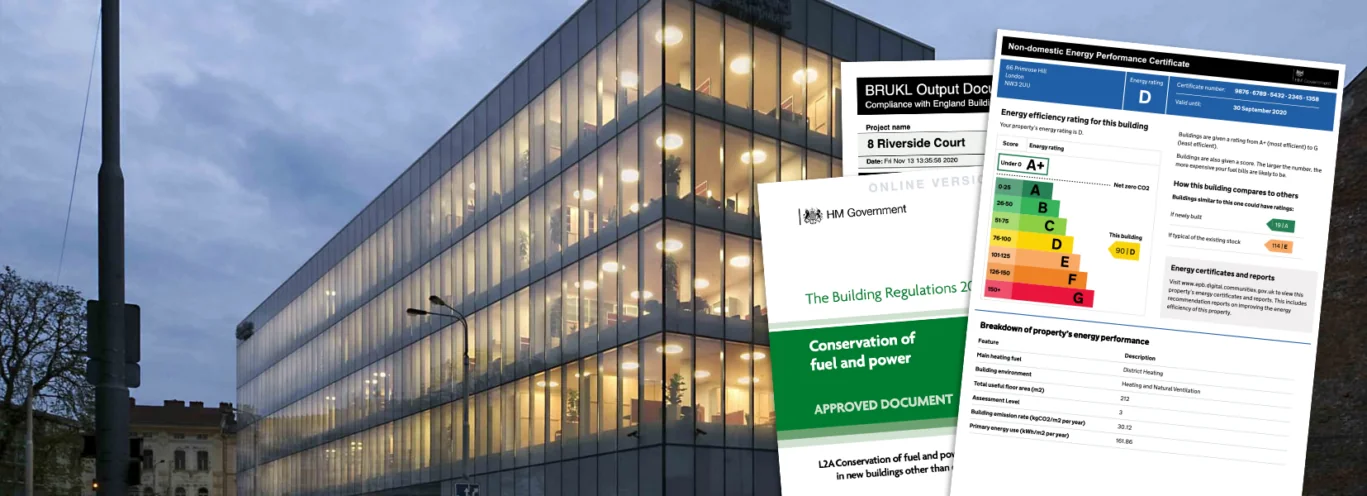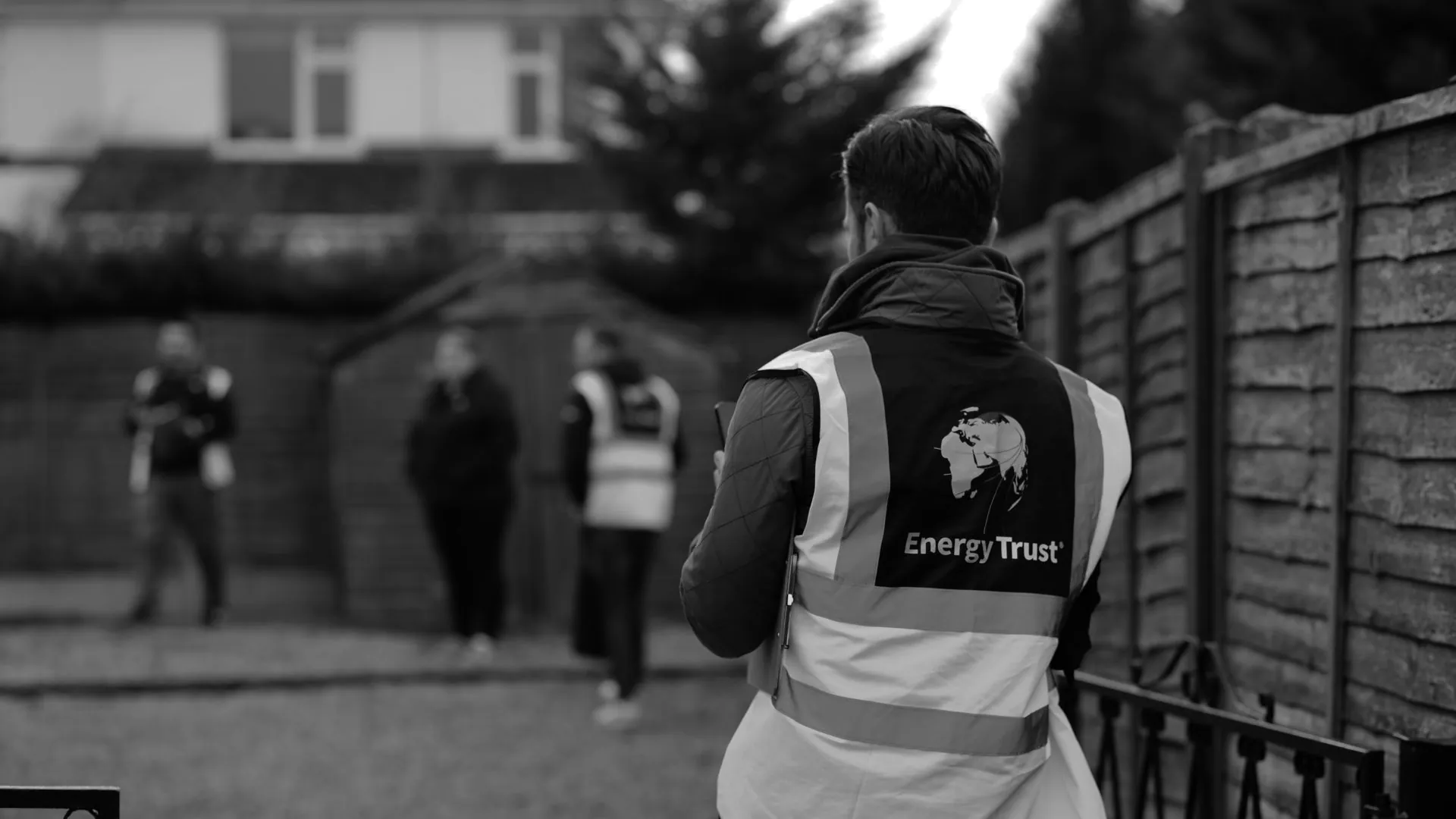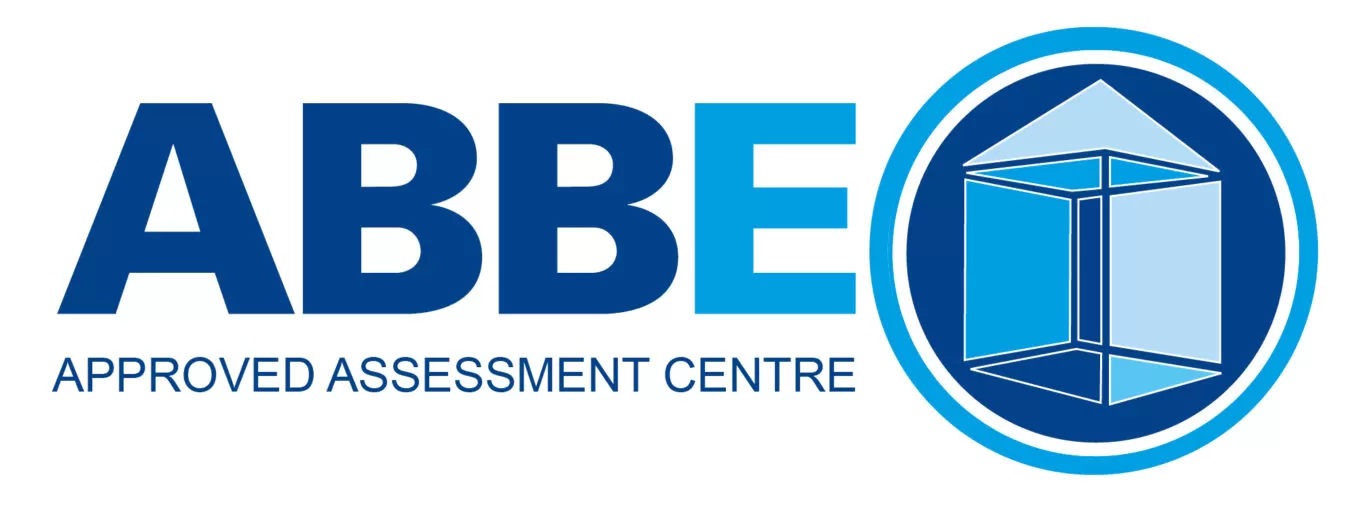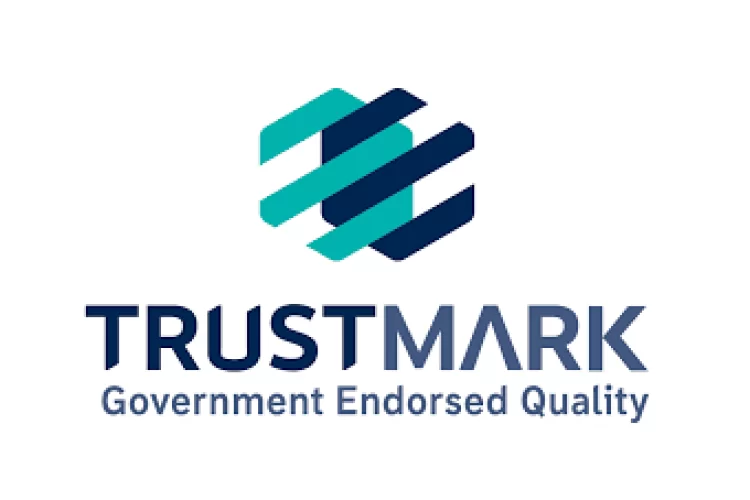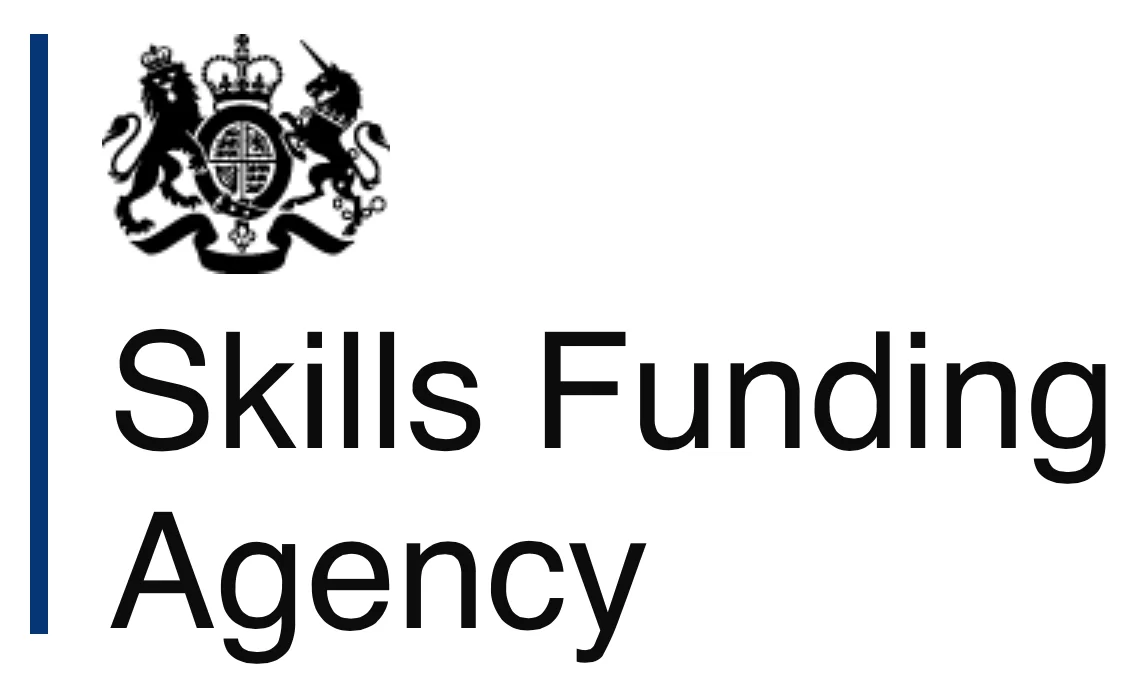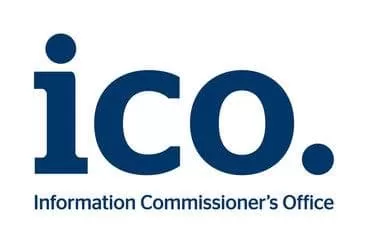Thinking about becoming a Domestic Energy Assessor (DEA)? Whether you’re considering training or are already enrolled in a course, you likely have questions about the process, requirements, and career opportunities.
In this guide, we’ve answered some of the most common Domestic Energy Assessor Course FAQs.
What Is A Domestic Energy Assessor?
A Domestic Energy Assessor (DEA) is a qualified professional responsible for assessing the energy efficiency of residential properties.
Domestic Energy Assessors play a crucial role in improving the energy efficiency of domestic properties. They help homeowners, landlords, and prospective buyers understand how energy-efficient a property is, and they produce EPCs which include recommendations to reduce energy use, save costs, and decrease environmental impact.
By conducting thorough inspections, DEAs gather data on essential elements like:
- Insulation: Checking wall, roof, and floor insulation, as well as double-glazing or draft-proofing.
- Heating systems: Examining the type and efficiency of heating systems, including boilers, radiators, and underfloor heating.
- Construction materials: Assessing the materials used in the property’s construction and how they affect energy use, such as the type of windows, doors, or walls.
After gathering this information, DEAs use specialised software (RdSAP) to calculate the property’s energy rating and generate an Energy Performance Certificate (EPC), which is essential for property transactions and energy improvements. By helping property owners comply with regulations and make informed decisions, DEAs directly support sustainability and the reduction of carbon footprints in the housing sector.
What topics are covered in the course?
Our DEA courses provide comprehensive training to equip you with the knowledge and skills needed to assess domestic properties and produce accurate Energy Performance Certificates (EPCs). Our structured course covers:
- Introduction to Domestic Energy Assessment – Understanding the role of a DEA and the fundamentals of domestic energy assessment.
- EPC Legislation & Compliance – A dive into the UK regulations governing Energy Performance Certificates.
- EPC Conventions – Guidance on industry standards and best practices for conducting accurate assessments, including the necessary elements to be included in a domestic energy assessment.
- RdSAP Methodology – Training on the Reduced Data Standard Assessment Procedure (RdSAP) used to calculate energy ratings.
- Practical EPC Assessments – Guidance on completing two virtual EPCs to reinforce your learning (online course) or five example EPCs in the classroom course.
- Portfolio Guidance Session – Support and guidance on the required portfolio for qualification.
- Introduction to the Learning Management System (LMS) – Accessing course materials, assessments, and resources online.
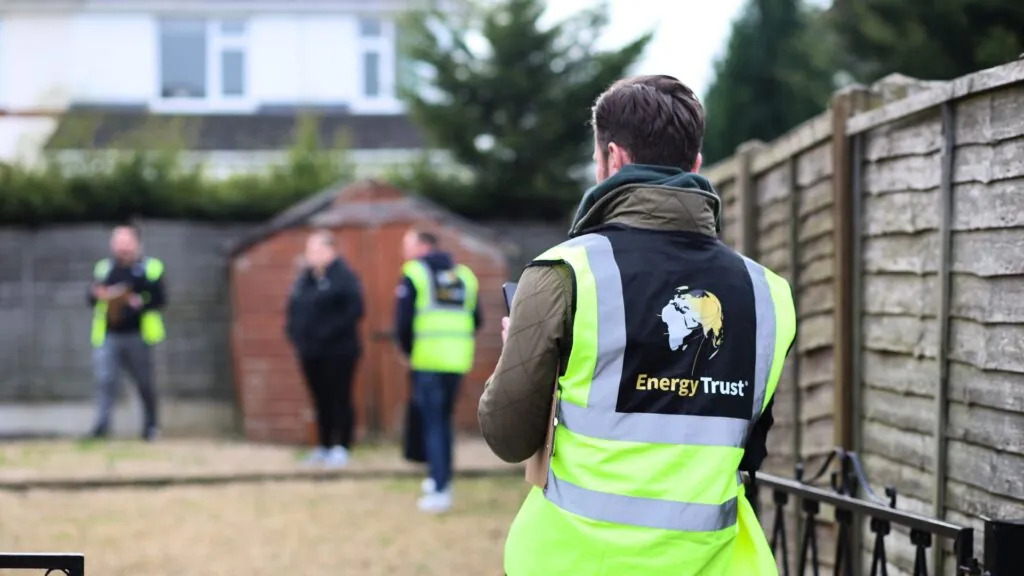
What qualifications do I receive upon completion?
Upon completion of a DEA course, you will achieve the ‘ABBE Level 3 Certificate in Domestic Energy Assessment‘. This is a recognised industry qualification that, along with accreditation from one of the UK’s established accreditation schemes, enables you to produce energy performance certificates for domestic properties.
Energy Trust has been granted ‘Direct Claims Status‘ for this qualification. This means that instead of waiting for weeks to receive your certificate, you can obtain it in as little as 48 hours! The sooner you receive your certificate, the sooner you can join an accreditation scheme and start producing EPCs.
What kind of career opportunities are there for Domestic Energy Assessors?
Becoming a Domestic Energy Assessor (DEA) can be the first step toward a wide range of career opportunities in the energy industry. Many DEAs eventually specialise in other areas as they advance their careers.
A common progression is to move into Non-Domestic Energy Assessment, which applies the same core skills to commercial buildings instead of domestic homes.
We are also observing more learners transitioning into retrofit roles, which is a rapidly growing sector in the UK. As the government drives national energy targets, there is a high demand for retrofit professionals. With their existing expertise, DEAs are well-positioned to become Retrofit Assessors, Retrofit Coordinators, and more.
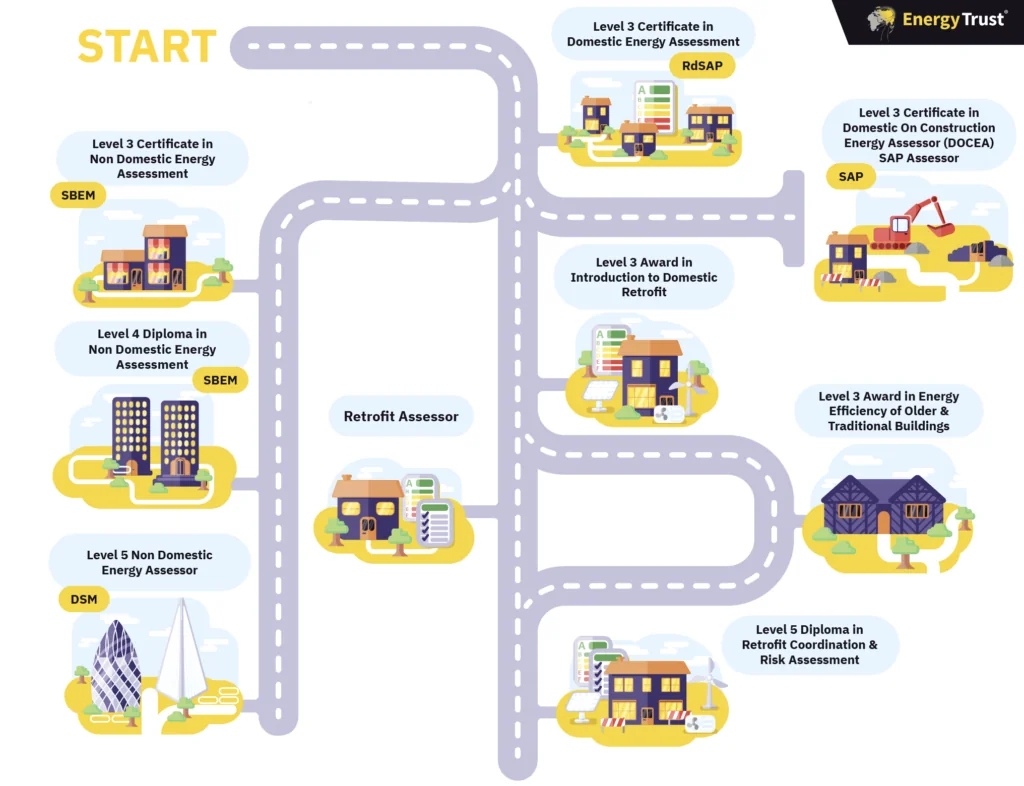
How long does it take to qualify as a Domestic Energy Assessor?
We offer both in-person and online course formats of our DEA training.
The DEA classroom course is conducted at our offices in Leicestershire (LE9 3HG) over five consecutive working days. The objective is to complete the portfolio assignments during the week (or at least the majority of the portfolio). Throughout the week, students will conduct five Energy Performance Certificates (EPCs) while simultaneously working on related academic tasks. To provide hands-on experience, we take students to real properties, allowing them to apply their skills in real-world settings and gain practical insight into the role of a Domestic Energy Assessor.
Upon successfully completing the portfolio assignments during the course, candidates will receive the ABBE Level 3 certificate approximately 10 days after the course ends. If any portfolio work remains unfinished, students can complete the assignments independently. They are given up to 12 months from the course start date to submit all remaining work.
We also offer in-house training programmes for companies wishing to train more than 8 staff members. For further details, please contact our sales team.
We also offer an online version of the DEA course. This programme begins with a live online training session, conducted over three consecutive days. During this 3-day only course, students will learn about the role of a Domestic Energy Assessor, the history and legislation behind Energy Performance Certificates (EPCs), the necessary information for conducting a site survey, and how to input data into RdSAP software to generate an EPC. After completing the live sessions, students will work on their portfolio remotely at their own pace. The portfolio includes creating five sample EPCs and completing academic assignments. The typical duration for completing the DEA online course is approximately 4-6 weeks; however, all participants are granted a 12-month period from the start date of the course to complete their portfolio.
What pre-existing skills do I need?
Becoming a Domestic Energy Assessor has no formal entry requirements, making it an excellent starting point for those looking to enter the energy assessment industry.
However, certain key skills are essential for both the training and the role itself. Basic IT proficiency is crucial, as Domestic Energy Assessors rely on digital software to conduct and lodge energy assessments and submit information for audits. Additionally, strong communication skills – both verbal and written – are key, as the role involves explaining findings to clients, producing clear reports and communications, and liaising with relevant stakeholders. Confidence and competence in these areas would put someone in a good position to excel.
How many people are on each course?
At Energy Trust, we place a strong emphasis on maintaining small class sizes to ensure that each candidate receives personalised attention and guidance from our experienced tutors. For example, our DEA Classroom Course accommodates a maximum of just 8 students per class. This smaller class format promotes a more engaging and interactive learning environment, enabling participants to ask questions and thoroughly understand each concept. To uphold this high standard of quality, we also limit the size of our online courses, ensuring they remain manageable and conducive to effective learning.
How experienced are the trainers at Energy Trust?
All of our trainers have years of practical experience in domestic energy assessment, non-domestic energy assessment and retrofit. They not only teach the theory but also understand the real-world challenges associated with the job. Their goal is to share the valuable knowledge and insights they’ve gained throughout their careers, helping learners prepare for their future as Domestic Energy Assessors.
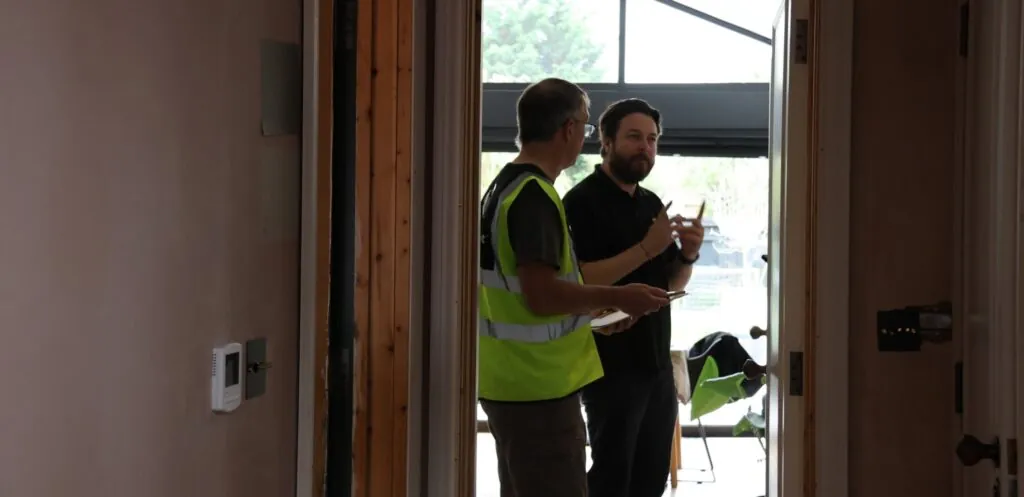
What if I need further support after a course?
At Energy Trust, it’s hugely important to us that our learners feel supported throughout the whole process. From registration to certification, we’re available to help you. All of our learners have access to our dedicated helpline email, which is constantly monitored for quick responses to portfolio queries. We take pride in our learner support – but don’t just take our word for it – you can read testimonials from past trainees.
How do I book?
Becoming a Domestic Energy Assessor is a great opportunity to develop valuable skills and enter a growing industry. Energy Trust offers expert training with no additional exam/registration fees; the price you see is exactly what you pay.
Our courses are available through several finance options, to help make our courses more accessible for everyone. If you’re interested in learning more about the training process and what to expect, explore our range of DEA courses today! Or, get in touch with us by calling 0333 012 0002, or emailing info@energy-trust.co.uk .

